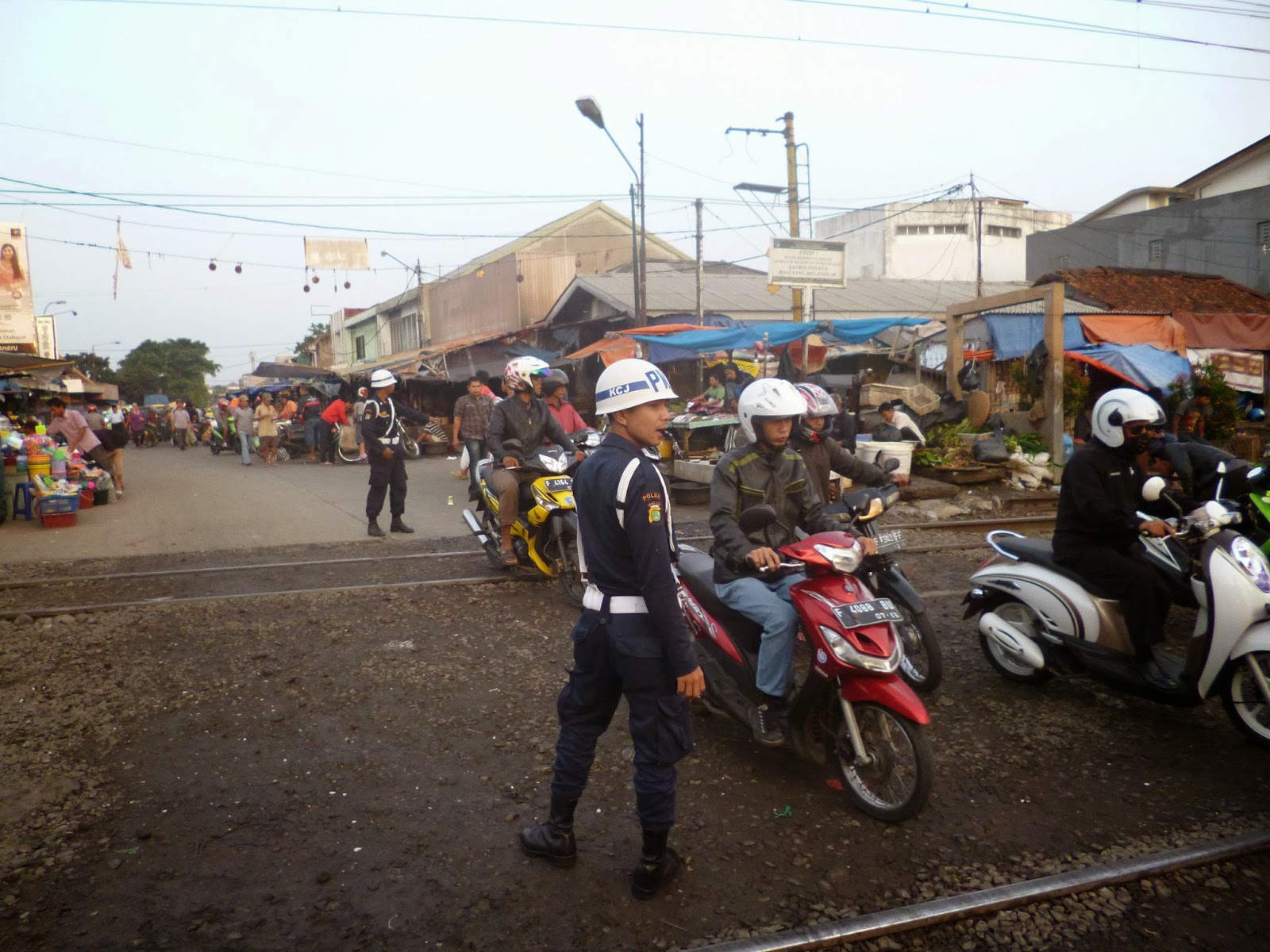One must wonder where the humble oil palm seeds that now generate
about K1.1 billion annually
to the National economy came from.
Of course, most
people in PNG don’t know and have been taking this valuable agricultural cash tree
crop for granted
An oil palm harvester in West New Britain Province. Pic
courtesy of PNG Oil Palm Industry image
Intergovernmental
vice Minister and Indonesian Home Affairs Deputy Minister Saul Sitomorang exchanging
gifts the opening of the 30th JBC meeting at Hotel Salat, Bogor city
Indonesia
Yes, the seed was brought in from Bogor city, Indonesia and planted in
West New Britain Province in the 1960s.
This city which is 60 kilometers south of the Indonesian capital of Jakarta helped developed PNG’s National economy before
gaining political independence from Australia.
Housing estate in Bogor city,
Indonesia.
Mr Sungi who is an agriculturist by profession marvelously revealed PNG’s proud link with Bogor city to
PNG Ambassador to Indonesia Commodore (rtd) Peter Ilau when both were touring
and admiring Bogor city.
And of course an equally proud Ambassador Ilau revealed this link when
introducing Mr Sungi to the Indonesian and PNG Inter Government Border Agencies
officers prior to Mr Sungi giving the opening statement for the 30th
Joint Border Committee (JBC) meeting. And I can tell you, there was a sense of
pride hovering in the conference room at Hotel Salat when the surprised officers
from both countries applauded and clapped in joy when learning about the link.
Indonesian
and PNG Border Agency Officers attending the 30th Joint Border Committee (JBC)
meeting in Hotel Salat, Bogor city, Indonesia
The annual JBC meeting was to
discuss issues about managing the rugged 800km PNG-Indonesian border that runs
through mountainous and swampy terrains from Sandaun Province in the north to
the Western Province in the south. The Sandaun and Western Provinces borders
with the West Papua Province of Indonesia.
PNG-Indonesian
Border at Torasi River, Western Province.
An equally impressed with Mr Sungi were also the rest of the first timers
PNG Delegation who visited Bogor for a week during last month’s JBC meeting.
Border Development Authority (BDA) Operations
Director Barnabas Neausemale and Fly River Provincial Government Works Division
Advisor admiring the street pasar ayam (
traditional market) in Bogor city,
Indonesia
Although the arrangement to bring oil palm seeds is not known yet, all
I’m aware is that Indonesian colonizers (Dutch government) had set up
professional agricultural laboratories and, colleges in Bogor to develop
agricultural industries. So the World Bank might have been impressed about
Bogor’s agricultural research institutions and decided to bring oil palm seeds
from there.
Yes Bogor (in land area is much smaller than Port Moresby )has its own
challenges of high rates of poverty, housing, unemployment, inaccessibility to basic social services like health,
education. These challenges are caused by the inflow of poor residents of the
surrounding rural areas (PNG’s urban centers faces similar challenges). But there‘s
always respect for everyone and the environment. You can work alone in the
night or even in the Buildings back alleys
or crowded markets without being harassed.
Despite a good road network system, Traffic jams are also a problem.
But there is always tolerance when a car, motor scooter or Becak (bicycle cart
for a maximum of two passengers) tries to cross
the traffic. We were also been told that despite the traffic jams, there is no
accidents.
Overcrowded street pasar ayam (traditional market) in Bogor city, Indonesia
This overcrowded city (much crowded than Port Moresby) depends heavily on the Informal economical sector where there is a huge selling of goods and providing of services on the streets outside public places like hotels and in shopping centers. But there is hardly any rubbish on the streets even though there is also the selling and chewing of betel nuts.
Street kitchen along the street pasar ayam (traditional market) in Bogor city, Indonesia.
And transportation is not a problem where taxis and Becak are always available at a cheap rate.
Fly River Provincial Government border Liaison Officer Richard Aria getting a lift in a Becak in Bogor city, Indonesia.
Land outside of the city are all occupied in agricultural activities like fish farming, cultivation of rice and various vegetables like corn , sweet potatos and the production of livestocks like cows,sheeps with poultry projects like chickens and ducks.
Butcher selling ayan (chicken) pieces at the
street pasar ayam (traditional market) in Bogor city, Indonesia.
Meat (Daging) stalls at the street pasar ayam (traditional market) in Bogor city, Indonesia
Selling
live ikan (fish) at the street pasar ayam (traditional market) in Bogor city,
Indonesia
People were friendly with the PNG delegations although communication in Bahasa and English is a problem. But there is always an understanding of each other needs. Whether one wants transport to go to the major shopping centers, or buy fruits at the market or snacks from the street vendors, the residences are always ready to help.
Street kitchen along the street pasar ayam ( traditional market) in Bogor city, Indonesia
Efita Hotel
Vegetable stalls at the street pasar ayam (traditional market) in Bogor city, Indonesia.
There is also a train station close by where you can get a train ride
to Jakarta.
Intercity
train rushing through Bogor to Jakarta
Yes PNG
especially Port Moresby (compared to Bogor has smaller population and large
spacious land area )is going through some tough changes like reforming its informal sector like betel nuts sales
banning in public places , re-scoping
its current public transport system and road network.
Commuters rushing through the early morning overcrowded street pasar ayam (traditional market) in Bogor city, Indonesia.
A police man hurrying residences across the rail way intersection before the intercity train rush through near the traditional market in Bogor city, Indonesia
Indonesian Ambassodor to PNG Andreas Sitepu and PNG Ambassodor to Indonesia Commodore (retired) Peter Ilau belting out hit songs during the official 30th JBC closing dinner at Hotel Salat in Bogor city, Indonesia




















